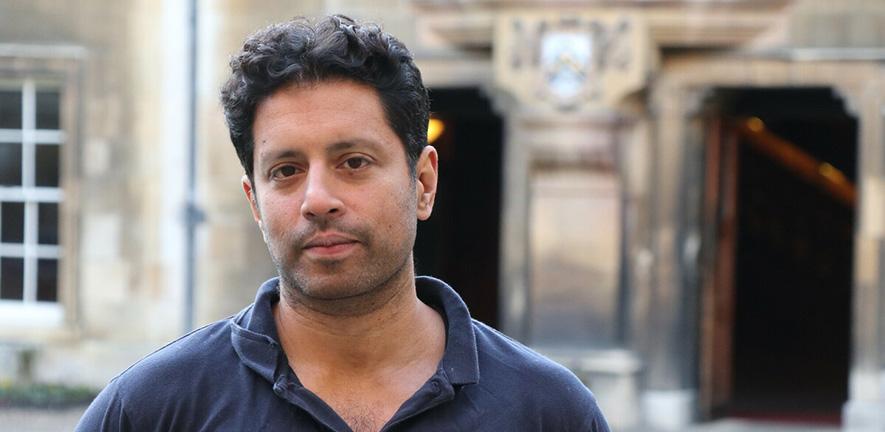Britain’s new free speech chief has promised a “broadly viewpoint-neutral approach” to speech rights on campus. In remarks delivered to King’s College London today, Arif Ahmed, now head of the Office for Students (OfS), said that his office would “protect the lawful speech rights of speakers at universities — students, staff, visiting speakers – independently of the viewpoint that they are expressing”.
“You can argue that Britain is fundamentally racist — or that it never was,” he said. “You can speak or write as a Marxist, a postcolonial theorist, a gender-critical feminist, or anything else — if you do it within the law.”
Ahmed went on to note that he would not take sides in the “culture war”, adding that his was “not a partisan role” so that free speech could be promoted and protected within the law. The free speech tsar expressed concerns that the UK had “fallen significantly” in an international index ranking academic freedom in the last 10 years, adding that the country now ranked sixtieth in the world. But, he added, “this was not the worst of it”. “When an institution fails to protect, or punishes, legal speech, the effect goes well beyond the speaker. It casts a penumbra of silence. This is the chilling effect.”
Referring to a survey that found that one in every seven students in England felt unable to freely express their own views at university, Ahmed questioned: “in what world is 14% an acceptably low figure?” “Free speech is — and always has been — a counter-majoritarian principle,” he said, “it is literally there to protect minorities.” Ahmed went on to draw an analogy between self-censorship only affecting a minority and healthcare. “Saying it is okay that self-censorship only affects a minority is like saying it is okay that poor healthcare only affects people who are unwell.”
Ahmed declared that it “is the powerless and the marginalised who benefit most from freedom of speech”. Referring to the American Civil Rights movement, the free speech chief noted how “censorship was their opponents’ most convenient weapon”, but it was “free speech” that gave “the poor a chance to voice their concerns and ultimately to influence public policy to their benefit”.
Discussing how Britain is “a more open, tolerant and welcoming place for all people than it was 50 years ago”, Ahmed warned that the free speech climate in Britain today is deteriorating. “There are now persistent and widespread concerns that many in higher education are being silenced, either by the activity of the university or by its inactivity,” he said. “And that silencing may fall disproportionately on those who are most vulnerable.”
In the run-up to the speech, the new director announced that he had been in “listening mode”, promising a consultation on how best to promote and protect free expression on campus. His appointment by the Government earlier this year arrived after protests surrounding feminist professor Kathleen Stock’s talk to the Oxford Union over her views on gender identity. It also follows a spate of high-profile no-platforming incidents, which Ahmed has sought to address. In comments to the BBC, he added that he would defend the right to peaceful protest, but made a distinction between peaceful and disruptive demonstrations.
“Tolerance for disagreement is a public good,” Ahmed said today. “By promoting the value of free speech […] our universities are helping not only their own students but also everyone else. That is why this duty falls, and ought to fall, upon all of them.”











Join the discussion
Join like minded readers that support our journalism by becoming a paid subscriber
To join the discussion in the comments, become a paid subscriber.
Join like minded readers that support our journalism, read unlimited articles and enjoy other subscriber-only benefits.
Subscribe